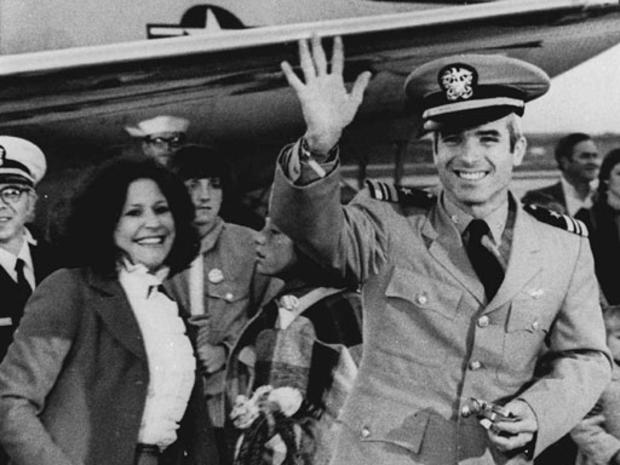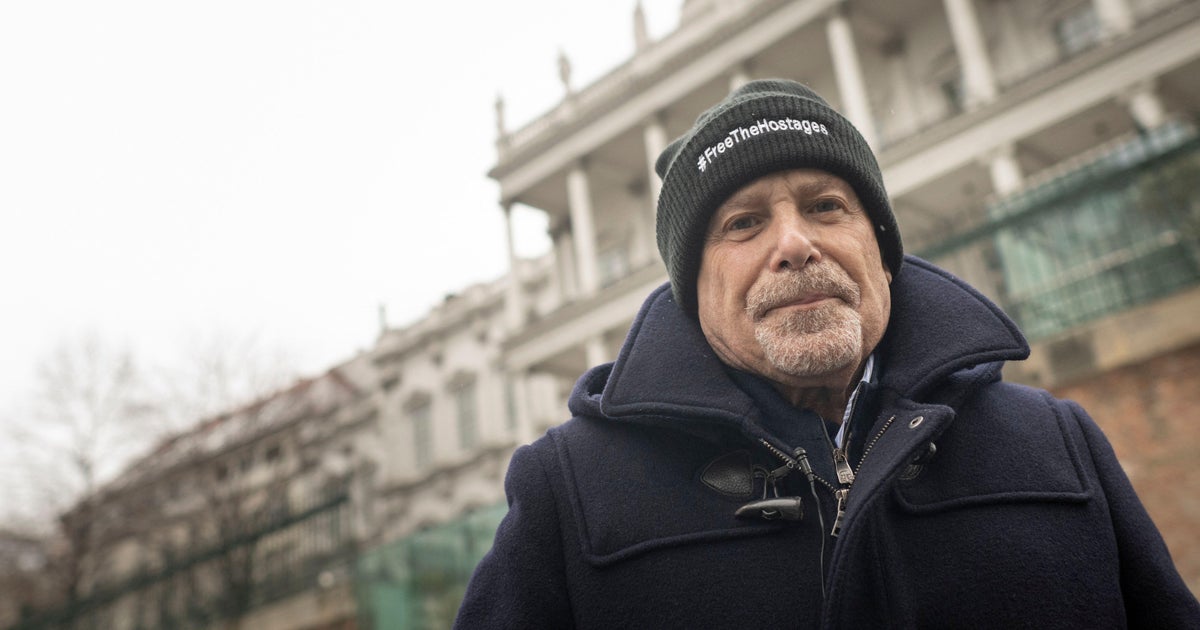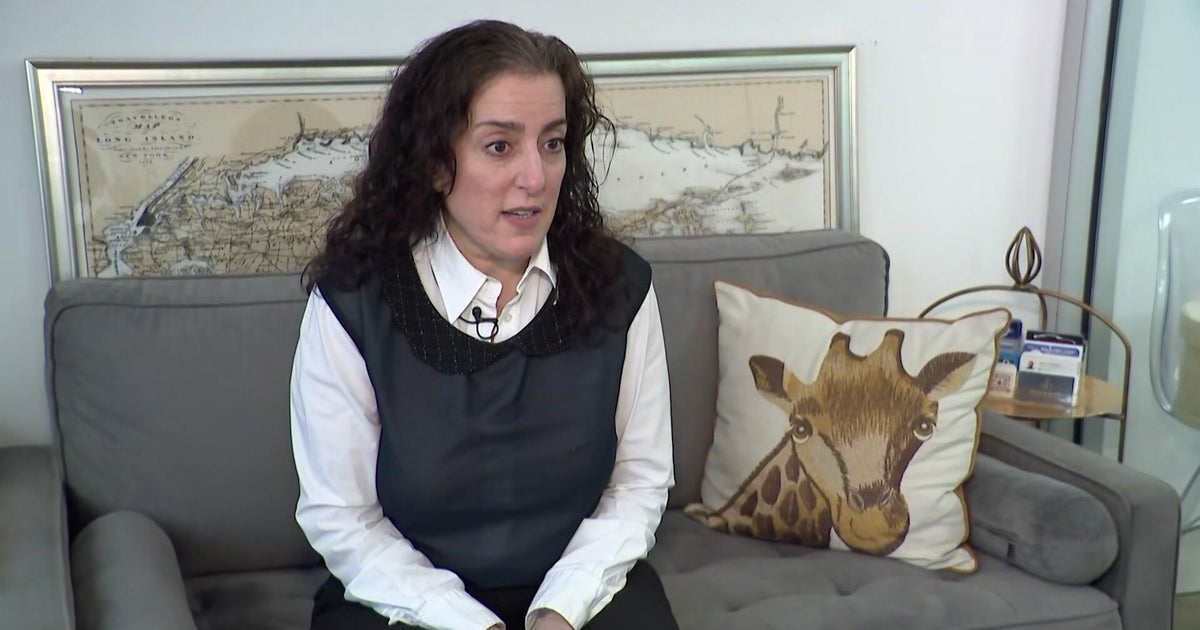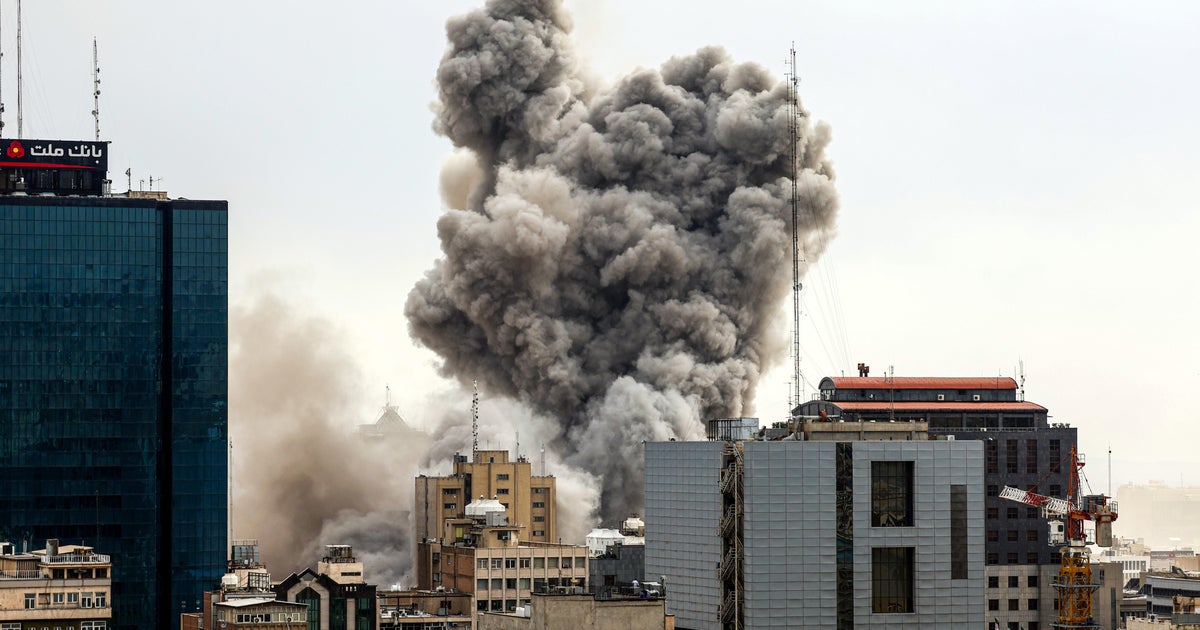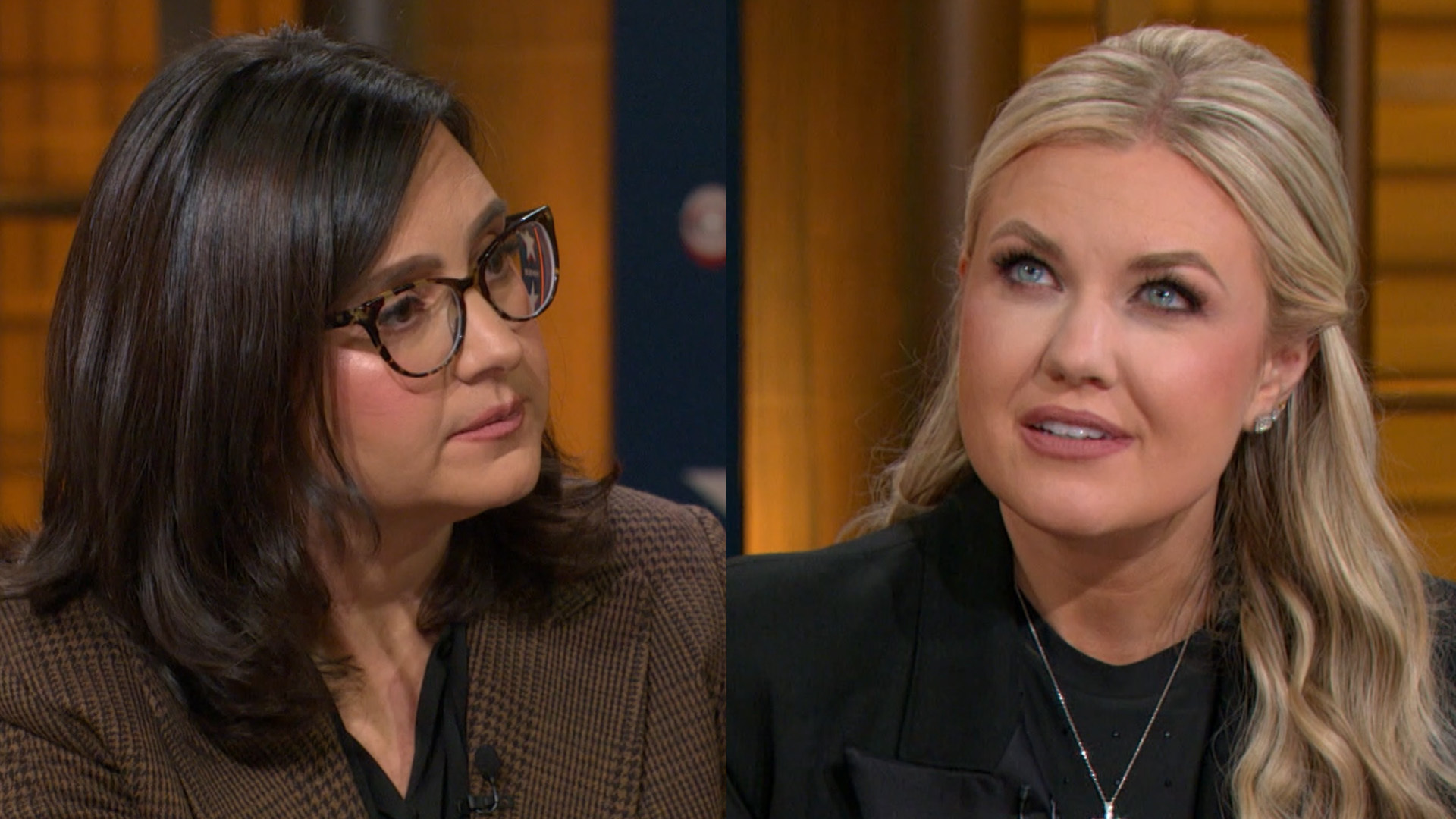How CBS News covered John McCain's 1973 release from the Hanoi Hilton
Thursday marked the 46th anniversary of John McCain's release after being held captive as a prisoner of war at the Hanoi Hilton during the Vietnam War. McCain, who died last year at the age of 81 after a lifetime of service in the military and as a senator, was greeted by a cheering crowd at Clark Airbase in the Philippines on March 14, 1973.
CBS News correspondent Bruce Dunning, who died in 2013, covered the return of McCain and more than 100 others for "CBS Evening News." Dunning said witnessing the disembarkment "seemed all too familiar" to people who had watched the first two releases of American prisoners there but "the enthusiasm of the crowd was just as strong for these former prisoners as those who preceded them."
McCain, who Dunning described as the "probably the best known" of the prisoners, limped off the plane gripping a hand rail and with white hair. Dunning described him as "the most seriously marked" of all the prisoners. "But his smile was broad as he saluted and shook hands with Adm. Gayler, who replaced McCain's own father, Adm. John S. McCain Jr., as Pacific Forces commander," Dunning said.
Then-Navy Lt. Commander John McCain was held captive in North Vietnam for five and a half years, from 1967 to 1973. The injuries he sustained would affect his mobility for the rest of his life.
McCain's plane was shot down during a bombing run over North Vietnam in 1967, and he parachuted into a lake in what is now a busy part of Hanoi. Already badly injured, he was beaten and taken to a nearby prison called Hoa Lò, which the U.S. POWs nicknamed the Hanoi Hilton. He was refused medical treatment and beaten with a bayonet.
While holding him as a prisoner of war, the North Vietnamese tried to exploit the fact that his father was a prominent admiral at the time. They offered McCain an early release. But he refused, bucking an "first in, first out" interpretation of the military code of conduct.
McCain died on August 25, 2018, after battling a type of brain cancer called glioblastoma. In his final interview with "60 Minutes," he said he wanted people to remember him as "that guy — he served his country."
